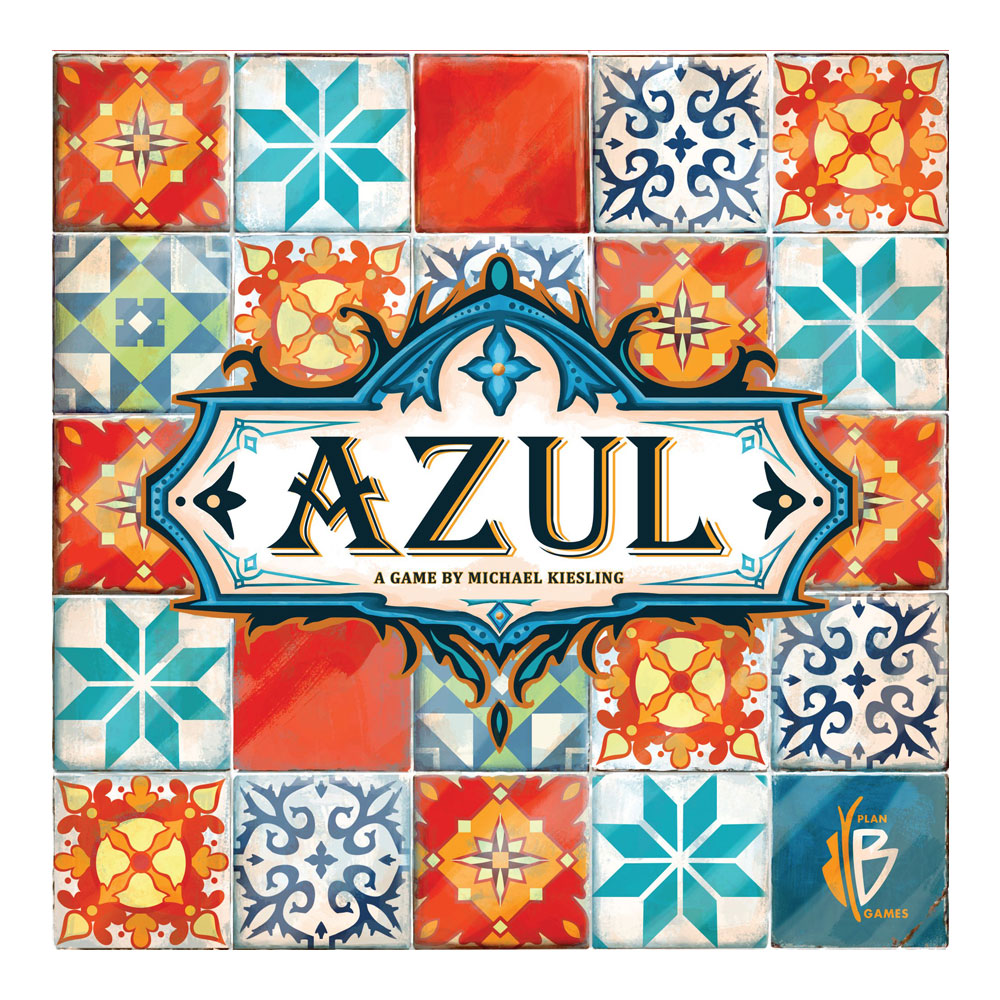Introduced by the Moors, azulejos (originally white and blue ceramic tiles) were fully embraced by the Portuguese when their king Manuel I, on a visit to the Alhambra palace in Southern Spain, was mesmerized by the stunning beauty of the Moorish decorative tiles. The king, awestruck by the interior beauty of the Alhambra, immediately ordered that his own palace in Portugal be decorated with similar wall tiles. As a tile-laying artist, you have been challenged to embellish the walls of the Royal Palace of Evora. In the game Azul, players take turns drafting colored tiles from suppliers to their player board. Later in the round, players score points based on how they've placed their tiles to decorate the palace. Extra points are scored for specific patterns and completing sets; wasted supplies harm the player's score. The player with the most points at the end of the game wins
-
 Competition Develops healthy competitive habits as two or more parties compete for a goal that cannot be shared.
Competition Develops healthy competitive habits as two or more parties compete for a goal that cannot be shared. -
 Logistics Allows players to manage production flow between the point of origin and consumption.
Logistics Allows players to manage production flow between the point of origin and consumption. -
 Risk Management Players must identify, evaluate, and prioritize options to reduce the impact of unfortunate events or risks.
Risk Management Players must identify, evaluate, and prioritize options to reduce the impact of unfortunate events or risks. -
 Spatial Perception Strengthens a player’s understanding of the spatial relationships with the objects in their environment as well as themselves.
Spatial Perception Strengthens a player’s understanding of the spatial relationships with the objects in their environment as well as themselves. -
 Tactical Thinking Challenges players to make decisions based on currently available information.
Tactical Thinking Challenges players to make decisions based on currently available information. -
 Resilience Teaches players how to quickly recover from and cope with difficulties.
Resilience Teaches players how to quickly recover from and cope with difficulties.
- 2018 - Spiel des Jahres Winner (Game of the Year - Germany)
- 2018 - Origins Awards Best Family Game Winner
- 2018 - Mensa Select Winner
- 2017 - Golden Geek Best Family Board Game Winner



